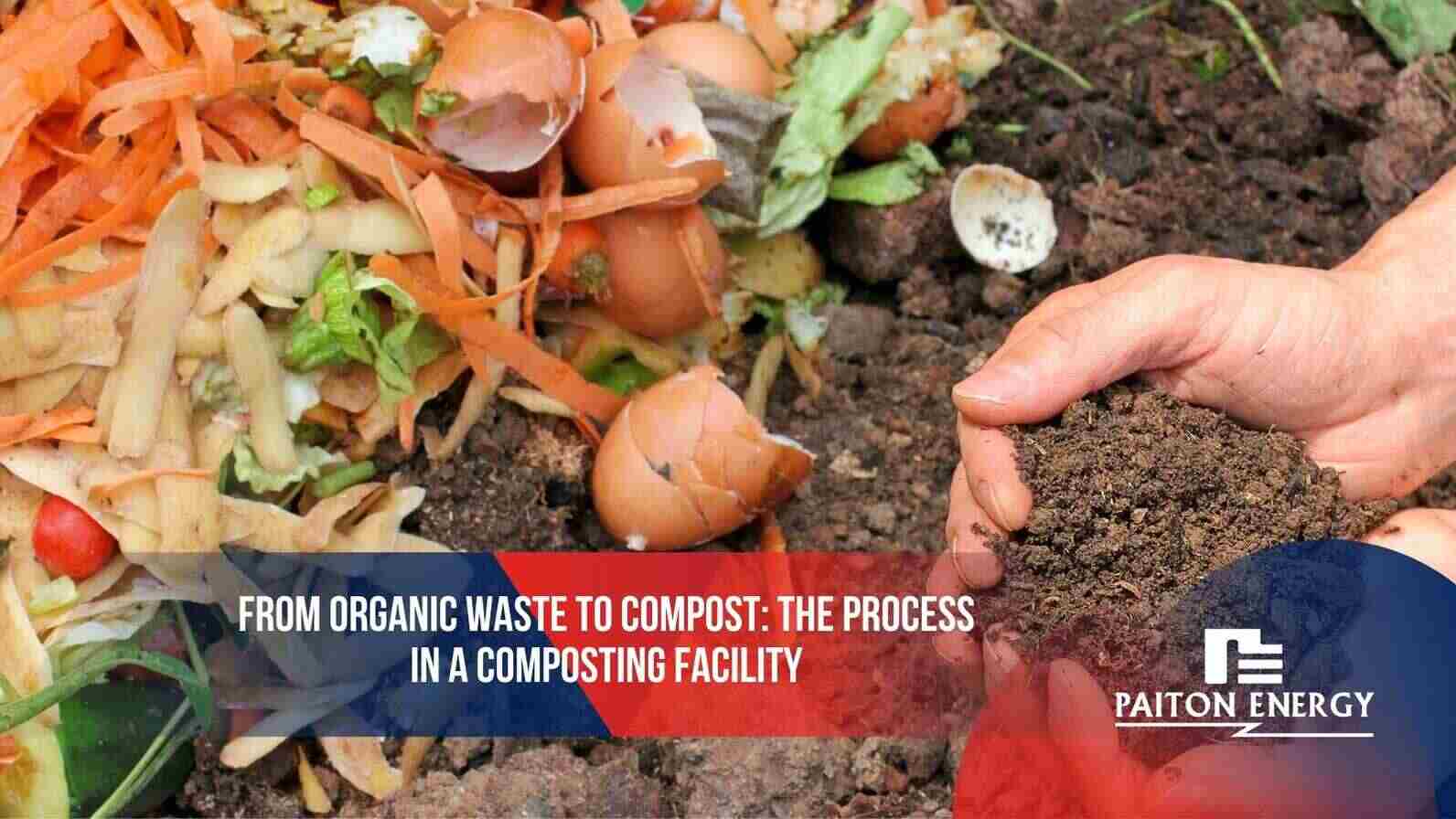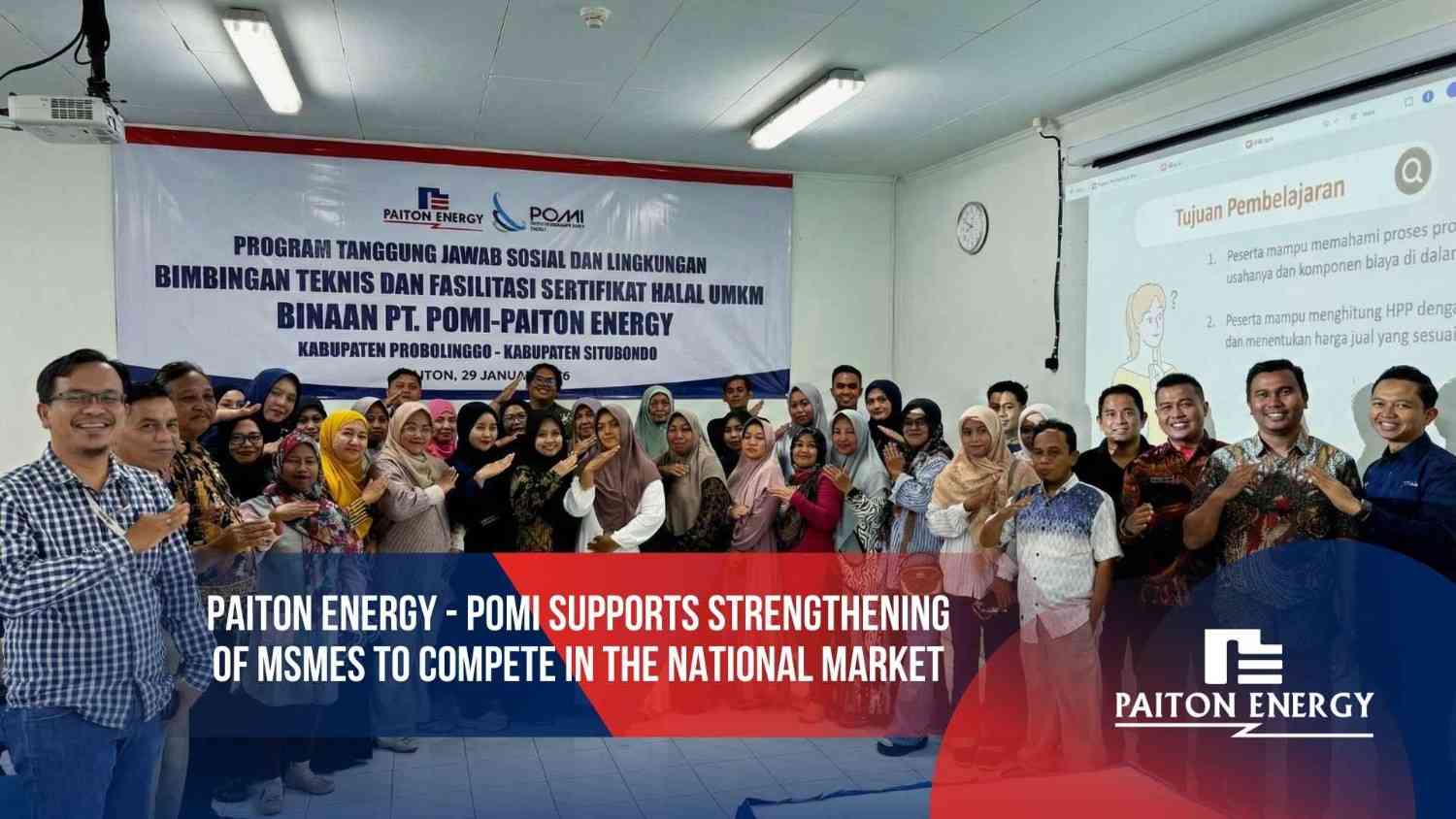Organic waste is one of the most overlooked types of waste and has become an increasing environmental concern. Various forms of organic waste, such as food scraps, leaves, and animal manure, often end up in landfills without being properly utilized. However, this biodegradable waste holds great potential if managed correctly. Converting organic waste into compost is an effective solution that not only reduces waste but also benefits soil health and agriculture. With the right processing techniques, organic waste can be transformed into nutrient-rich and environmentally friendly compost.
Benefits of Compost from Organic Waste
Composting offers numerous advantages from three main perspectives: economic, environmental, and agricultural.
Economic Benefits
One of the most significant benefits of composting is the reduction in waste management costs. Utilizing compost as an organic fertilizer helps to save transportation and landfill expenses, as organic waste is repurposed instead of being discarded.
By converting organic waste into compost, farmers and waste managers can reduce their expenditure on chemical fertilizers. Additionally, compost has a higher market value than raw organic waste, providing an additional source of income. This economic potential makes organic waste management an attractive and viable practice.
Environmental Benefits
From an environmental standpoint, composting has a highly positive impact. One of its key advantages is the reduction of air pollution. When organic waste is burned, it releases harmful gases such as carbon dioxide and methane, which contribute to global warming. Composting mitigates these emissions, making it a more sustainable alternative.
Moreover, processing organic waste into compost significantly decreases the volume of waste sent to landfills, reducing the strain on waste disposal facilities. This not only prolongs landfill lifespan but also minimizes the negative environmental effects associated with excessive waste accumulation.
Agricultural Benefits
Compost plays a crucial role in enhancing soil fertility. It improves soil structure, increases water retention capacity, and promotes the growth of beneficial microorganisms essential for plant health.
Fertile soil supports robust plant growth, resulting in higher-quality crops. Plants fertilized with compost tend to have better taste and higher nutritional value compared to those grown with synthetic fertilizers. Consequently, composting benefits not only the environment but also boosts agricultural productivity.
The Organic Waste Composting Process
The composting process in a composting facility involves several critical steps to ensure optimal results.
Material Collection
The first step in composting is collecting organic waste. Biodegradable organic waste, such as food scraps, leaves, and animal manure, is gathered for further processing.
Mixing and Preparation
Once collected, the organic materials are mixed in the correct proportions to achieve an optimal carbon-to-nitrogen (C/N) ratio. A well-balanced C/N ratio is crucial for microorganisms to efficiently break down organic matter.
Fermentation
Fermentation is the final stage of the composting process. In a composting facility, organic materials decompose under controlled conditions, either aerobically (with oxygen) or anaerobically (without oxygen), to accelerate compost production. This process results in nutrient-rich compost ready to be used as organic fertilizer.
Managing organic waste through composting in a composting facility is a vital step in reducing the negative impact of waste on the environment while improving soil fertility. Through composting, what was once considered waste is transformed into a valuable resource with economic, environmental, and agricultural benefits.
By converting organic waste into compost, not only is waste volume reduced, but soil quality and agricultural yields are also enhanced. Therefore, it is essential to continue promoting and developing sustainable organic waste management practices.




